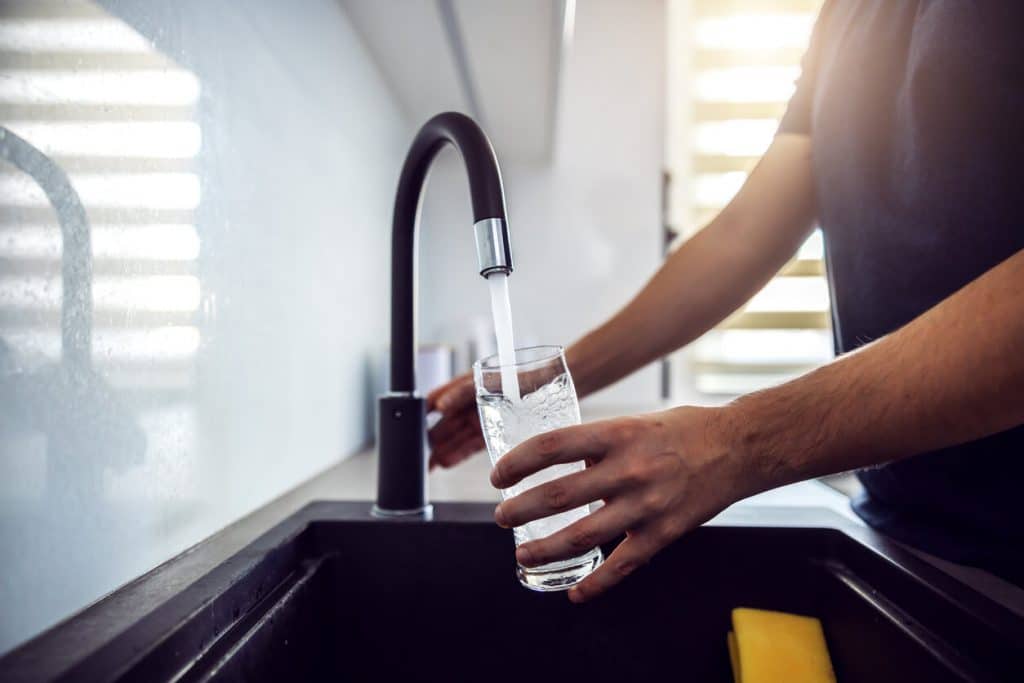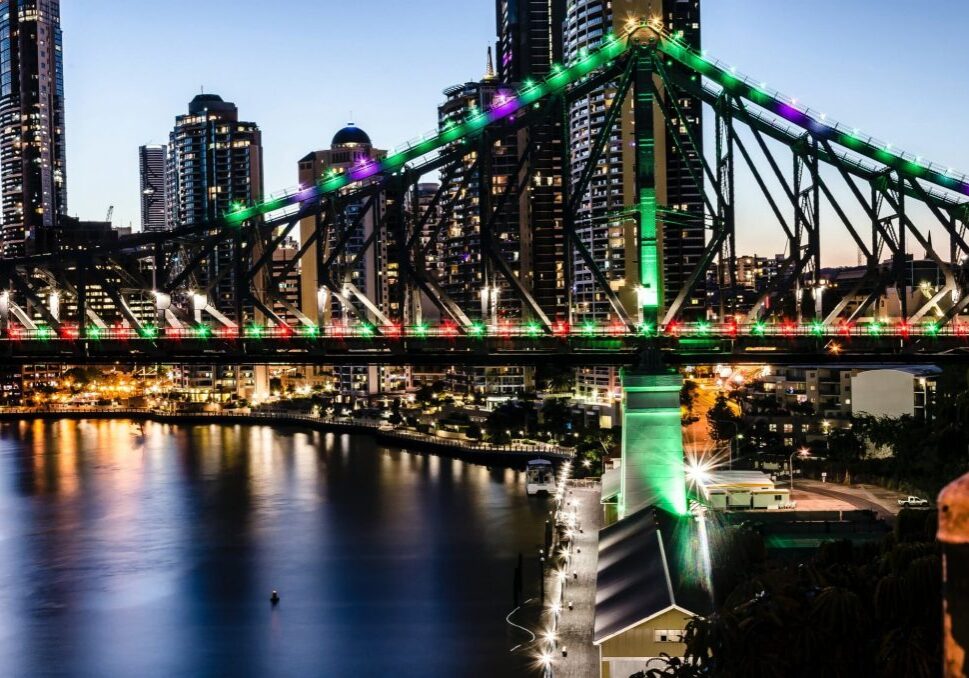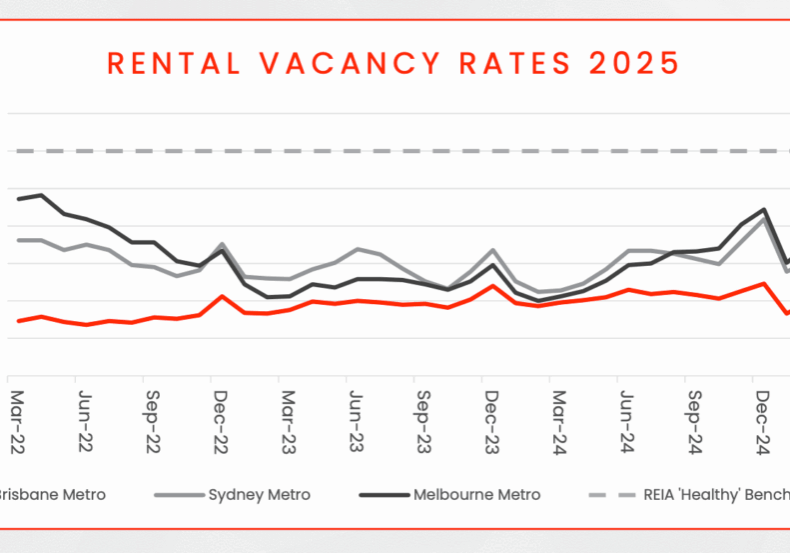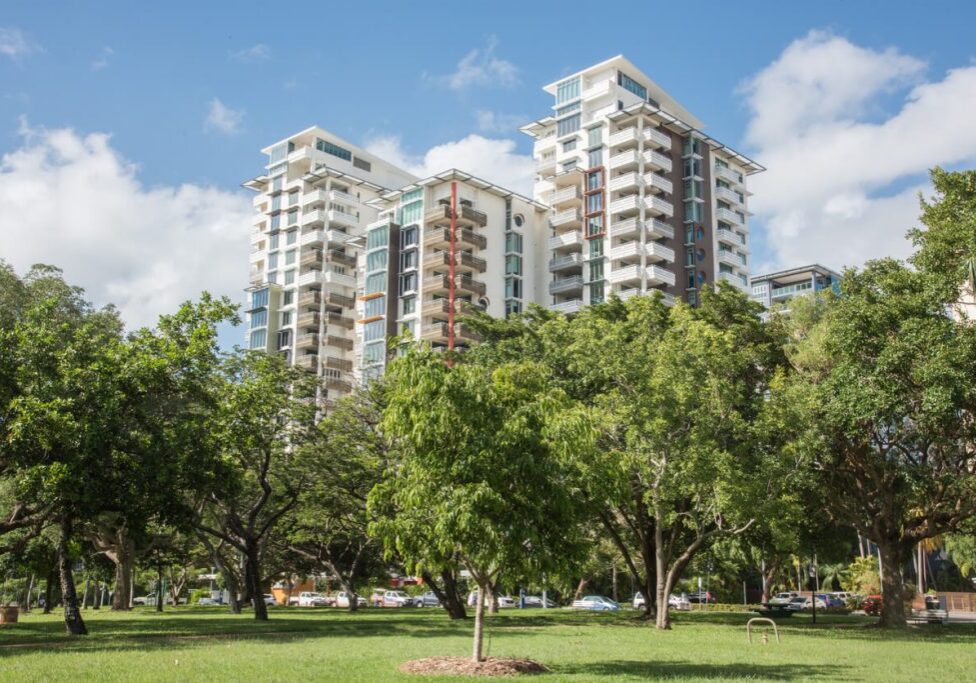Who is responsible for plumbing maintenance?

It is common to be unsure about the responsibilities surrounding plumbing repairs and maintenance. Both the tenant and property owner have set responsibilities regarding these. Before a tenant moves in, the property owner has the responsibility to ensure the property is in a safe and liveable condition. However, when the tenant moves in, responsibilities surrounding plumbing becomes shared.
While the responsibilities and each person’s rights should be laid out in the Residential Tenancy Agreement, the general gist is as follows:
- The tenant is responsible for maintaining functional aspects of the plumbing. This can include cleaning drains and keeping them free of debris.
- The tenant must also be diligent in ensuring issues don’t arise. Generally, this includes things like not washing things down the drains that could cause blockages, or clearing out hair from drains and sinks.
- When emergencies do arise, the tenant should have access to the phone numbers of the property manager or landlord in order to get the problem sorted as soon as possible.
What to do when plumbing emergencies arise?
Sometimes emergencies happen. It is important, in these situations, that the tenant is aware of who they need to contact and what their responsibilities are. If an emergency does arise the tenant should either call the landlord or the property manager, who should then take action. From there, the property manager or landlord can call an emergency plumber to fix the problem.
However, if the plumber reports back that the emergency was caused by tenant negligence, then the tenant would be required to pay for the work. Otherwise, it is the landlord’s responsibility to pay for the repairs.
What is a plumbing emergency?
There are a variety of things that could be considered a plumbing emergency. Sometimes it can be hard to know what needs to be fixed right away and what can wait for the next day. To help make a determination between the two the Residential Tenancies Act states that emergency repairs can include the following:
- Broken or blocked toilets
- Gas leaks
- Burst water service, or a serious leak
- Serious roof leaks
- Flooding
- Burst pipes
- Broken water heaters
- Serious storm, fire or impact damage.
In the case where one of these occurs, you should contact your landlord or property manager immediately in order to get some emergency repairs completed as soon as possible. Your Residential Tenancy Agreement should have contact information for your landlord, property manager, and numbers for preferred emergency plumbers for you to use.
What is a non-emergency repair?
Often the repairs can wait until the next day. These are non-emergency repairs and are usually minor. Things that are non-emergency repairs could include a clogged sink, broken dishwasher, a leaking tap, low water pressure, and more. You should report these issues as soon as possible, however, they can wait until the next morning to be reported and repaired.
Maintenance versus repairs
It is important to distinguish between maintenance and repairs as they help to define where responsibilities lie. Maintenance is all about fixing, or “maintaining”, things on the property to delay wear and tear. Usually, these are not urgent and help increase the longevity of an item. Repairs usually mean something is broken or damaged and requires urgent fixing.
While Landlords are responsible for the majority of repairs and maintenance, the tenants are required to help with some maintenance. Landlords are required to pay for and maintain the structural elements of the property, like the roof, walls, piping, electrical wiring, etc.
On the other hand, tenants are responsible for ensuring the property remains clean and in working order. So, this means keeping your drains, toilets, sinks, and water tanks clean and free of debris. This will help to reduce the chances of repairs or maintenance being required throughout the tenancy.
Conclusion
Knowing whose responsibility it is to fix plumbing issues when they arise is important if you are ever in a situation where emergency repairs are required. It can be a stressful situation, but knowing who to call, what warrants an emergency, and who will need to pay for it is important.
Repairs and maintenance can be stressful for both tenants and landlords, so having an expert property manager around to lend their expert opinion and arrange a plumber can be invaluable. To find an experienced property manager, reach out to Link Living.




